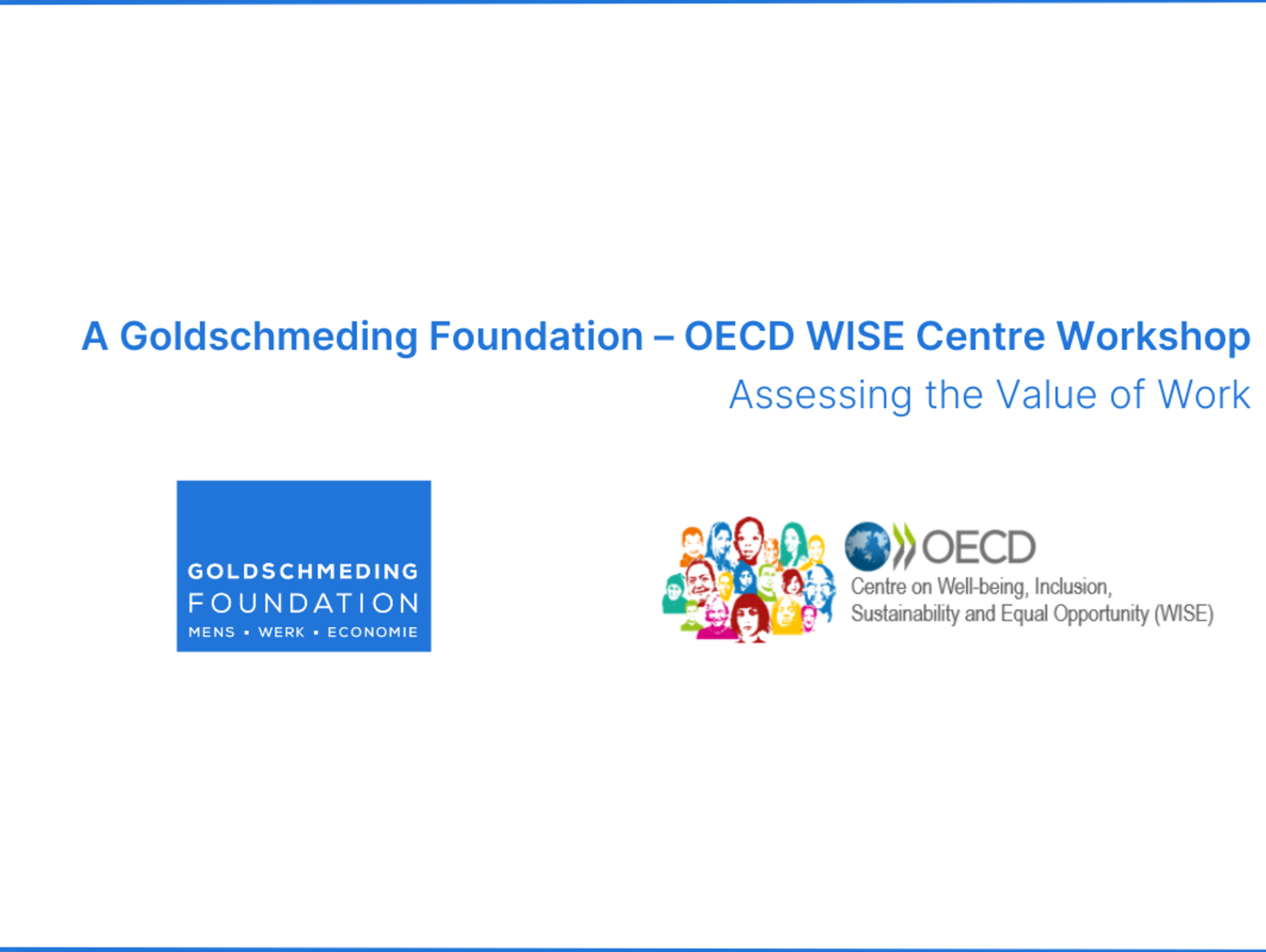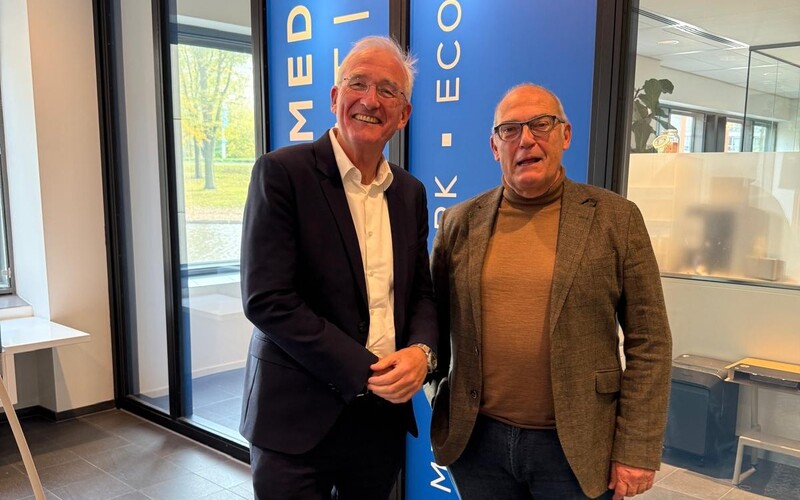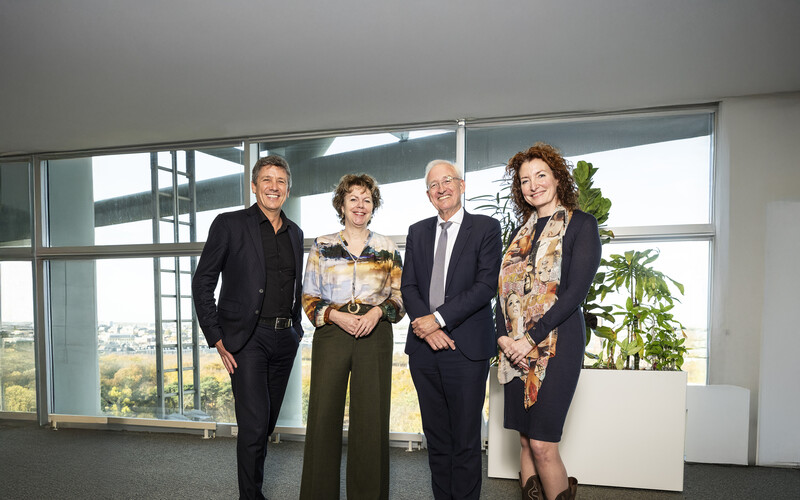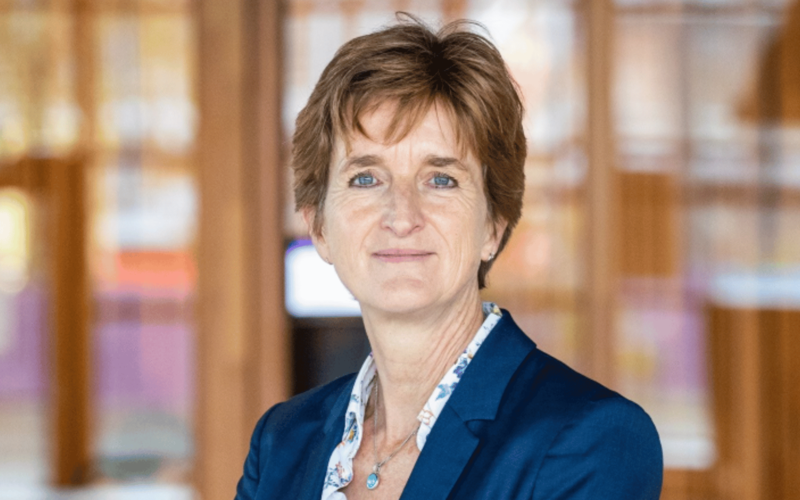
Building on their respective work programmes, the Goldschmeding Foundation and the OECD WISE Centre are jointly organising a workshop to engage with businesses, academic researchers and policy makers on the topic of the “value of work”.
Work provides people with more than just pay, and many aspects of the experience at and around work affect people’s well-being. At the same time, financial and mental well-being, among others, can affect the extent to which people thrive in their job. There is therefore an important interdependency between employee well-being and proactive behaviour, productivity, and social mobility.
It is critical for policymakers and employers to understand this two-way relationship as they manage human resources in the 21st century. This workshop will address important questions, such as: What is the contribution of businesses to people’s well-being, and of employees and workers, specifically? Why and how much do people value their work? And how can businesses measure and manage their impacts and dependencies on people?
During the event, key findings from academic research will be presented. After each presentation there will be an opportunity for discussion. At the end of the programme there will be a panel discussion with policymakers and representatives from employers and employees.
Practical information
Date: Wednesday December 6th
Time: 10.00 a.m. to 4:30 p.m.
Location: Goldschmeding Foundation, located at Gustav Mahlerplein 117, 1082MS, Amsterdam, The Netherlands
Registration: Registration for this workshop is mandatory and can easily be done via the online registration form. Attendance of this workshop is free of charge.
Programme
10:00-10:10
Welcome and opening remarks by Prof. Dr. Janka Stoker, Member of the Board of the Goldschmeding Foundation and Professor of Leadership and Organizational Change10:10-11:00
Dr. Fabrice Murtin, OECD WISE Centre, will examine the relationship between working conditions and workers’ health and well-being. He will show the outcome of his research, which found that the quality of the working environment is strongly associated with workers’ well-being as measured by mental and physical health, days of sickness, job satisfaction as well as job motivation. In a second step, Dr. Murtin will present a methodology aiming at valuing business impacts in the areas of wage inequality and employee well-being. It finds that, on the aggregate, suppressing excess working hours, tensions with management and job insecurity would yield an increase in social welfare equivalent to a 25% increase in household income, representing many years of economic growth.11:00-11:50
Prof. Dr. Paul de Beer, University of Amsterdam, will present key results from the Value of Work Monitor, a biannual survey among a representative sample of the Dutch population on preferences regarding and evaluation of the quality of work. He will compare the results of the most recent wave, conducted in May 2023, with those of the 2021 wave (during the Covid-19 pandemic) and the 2019 wave (before the pandemic). He will show that, overall, job quality, which improved somewhat during the Covid-pandemic, deteriorated again in most recent years. This coincides with a polarization of job quality (an increase of the share of ‘bad jobs’). He will also relate these trends to characteristics of the organisation and of management.11:50-13:00
Networking lunch13:00-13:50
Dr. Jessie Koen, TNO/University of Amsterdam, will reflect on how to manage job insecurity. She will demonstrate how the rapidly changing labour market can cause job insecurity and impaired well-being, making it difficult -if not impossible- to take career initiatives that can help to overcome such insecurity. Based on recent findings, she will address questions such as: which environmental factors contribute to (proactive) initiatives and learning? Are these factors the same for all workers in all situations? How can work(-places) itself enable workers to learn and develop? And how can we use AI and technological innovations to achieve this?13:50–14:40
Vincent Siegerink, OECD WISE Centre, will position the research presented within a wider landscape of corporate efforts to improve their impacts on people and society and better manage people-related risks and dependencies. He will present an OECD framework for measuring the non-financial performance of firms through the lens of the OECD Well-being Framework and an Employee Well-being Survey that the OECD recently piloted in 4 Japanese companies to help companies assess the well-being of their workforce using a harmonised instrument.14:40-15:00
Break15:00-16:00
Guided discussion with key practitioners, moderated by Peter Brouwer, Program Manager Inclusive Labour Market, Goldschmeding Foundation
Names of key practitioners to be confirmed16:00-16:30
Networking drinks


